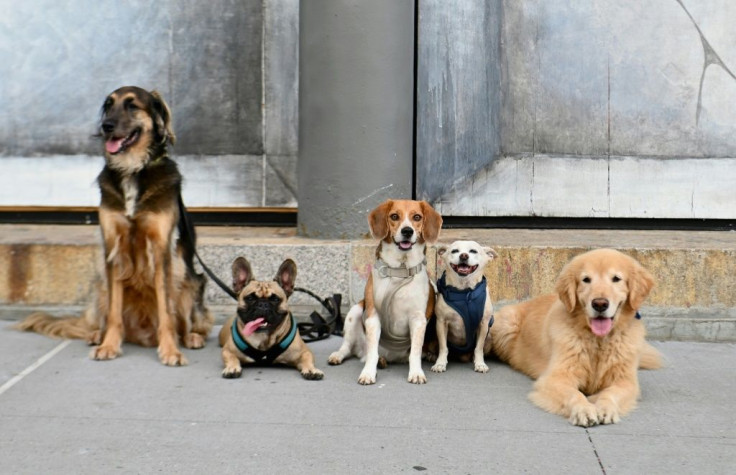Man’s Best Friend, A Cure for Loneliness

To many pet owners, the news that animals make people feel better is likely not surprising. New research out of the University of South Australia supports what pet owners already know: These companions have played a bigger role in the Covid-19 pandemic than previously suspected.
Janette Young, PhD, led a team to research the impact pets have had on people stuck at home during the pandemic.“To fill the void of loneliness and provide a buffer against stress, there has been a global upsurge in people adopting dogs and cats from animal shelters during lock downs,” explained Dr. Young in a press statement.
Getting lonely
The feeling of loneliness is certainly not a nice one, but the CDC reports it can also be dangerous. Numerous studies have linked social isolation and loneliness, especially in older adults, with increased risk of dementia, stroke, heart disease, suicide and premature death.
The adoption boom
The pet adoption boom hasn’t just been about loneliness, nor has it been confined to Australia. The American Veterinary Medical Association reported that shelters in Los Angeles and New York City had seen a 70% increase in fosters this year compared to last. A story this summer in The Washington Post discussed the second wave of animal adoptions in America. In the spring, people adopted and fostered to help clear shelters that were closing in light of the pandemic. Now, according to Madeline Bernstein, the president of the Society for the Prevention of Cruelty to Animals Los Angeles, people are adopting animals because their lifestyles have changed and they want to include a pet.
Research shows these pets might be incredibly helpful to people living alone during a second wave of Covid-19.
Young and her team focused on touch. “Touch is an understudied sense,” she explained in the same press statement, “Existing evidence indicates it is crucial for growth, development, and health, as well as reducing the levels of the stress hormone cortisol in the body.”
Everyone needs a hug (even sheep)
Although the study was small, only 32 people, 90% of people talked to the researchers about touching their pets. People spoke about feelings of comfort as well as the friendships they shared with their pets. This research included more than just dogs and cats. And, the animals seemed to benefit as much as the people. People shared stories of their dogs and cats, but also a lizard closing its eyes, enjoying human contact, and a sheep, running up to greet its owner.
Especially during the pandemic, when so many are isolated from humans, the animal world beckons. “Humans have an innate need to connect with others but in the absence of human touch, pets are helping to fill this void,” Dr. Young said. She said she also believes that animals should serve a greater role in health care, “Facilitating pet connections, [whether they are] visits, sleepovers, or even pet support programs for patients in health-care settings such as hospitals, hospices, and aged care, is indicated,” their paper explains.
Take away
Although it may be a while before pets are allowed into a hospital, for people who can make a pet connection and subsequent commitment, could help through a lonely winter. Pandemic, or no pandemic.
Published by Medicaldaily.com



























